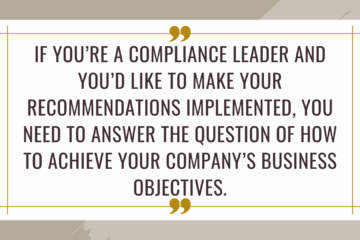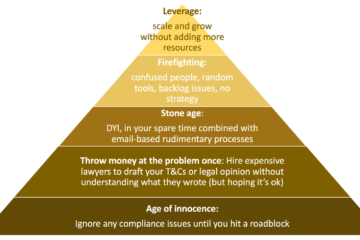Preparing for Fit and Proper Interview With Regulators
Let’s talk about how to prepare for Fit and Proper interviews with regulators.
First of all, these interviews don’t happen always. In fact, they are more likely to happen if this is your first-time MLRO, Director, or Board Member role and you are relatively young. In many cases, regulators have an opportunity to meet the team during various stages of the licensing application anyway, so there is no need for a formal interview.
However, let’s assume you are being invited for a Fit and Proper assessment conversation. What to expect and how to prepare?
- Remember, this interview is not so much about you and your experience, it is about whether you seem competent and capable to fulfil a particular function within the business that is being reviewed. This is why the vast majority of the questions and the time will be focused on your understanding of the business, your plans, your strategies, and the decisions you are going to propose for the business. In short, it is not about you and your past achievements, it is about what you know about the business, how well you understand the risks, and how are you planning to address and mitigate these risks.
- You may be asked about your knowledge of the local laws and local requirements that impact your function. If you are not local and never worked in the country before, it would be great to highlight that, for example, you covered this country as a part of your global responsibilities previously and that you have local team members with local work experience.
- If you are changing roles (e.g. from fraud management to AML or from risk management to the audit), you may be asked about how have you prepared for the new role, and it would be appropriate to talk about your contribution to multi-functional projects where you had an opportunity to develop specific skills and knowhow.
- Supporting documents. Resumes, university diplomas, and previous work experience are very important. Being already approved by another regulator for a similar role is extremely helpful. Professional certifications and memberships in associations are less important but can help compensate for a lack of specific experience. Media and TV appearances and being a frequent keynote speaker at conferences are mostly irrelevant.
- If you have an ambiguous past history of possible criminal charges or bankruptcies, or maybe your previous company was fined or involved in financial scandals, don’t hide it, and don’t panic. Prepare a personal statement and explain the situation and what have you learned from the experience.
Good luck with your interview!
Start listening to this episode on the Compliance That Makes Sense podcast!



